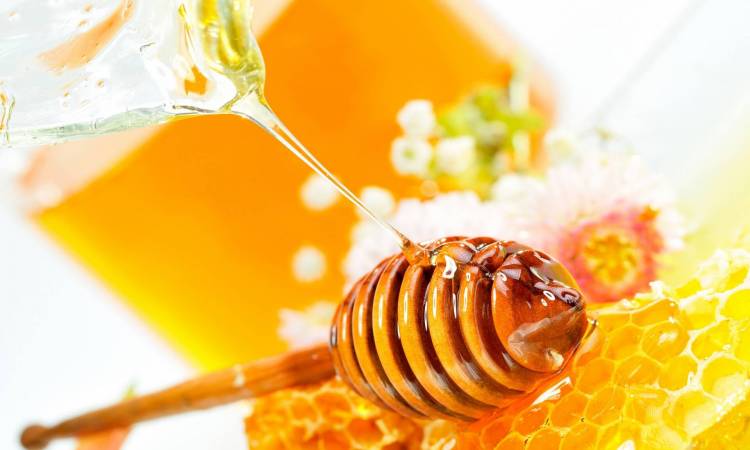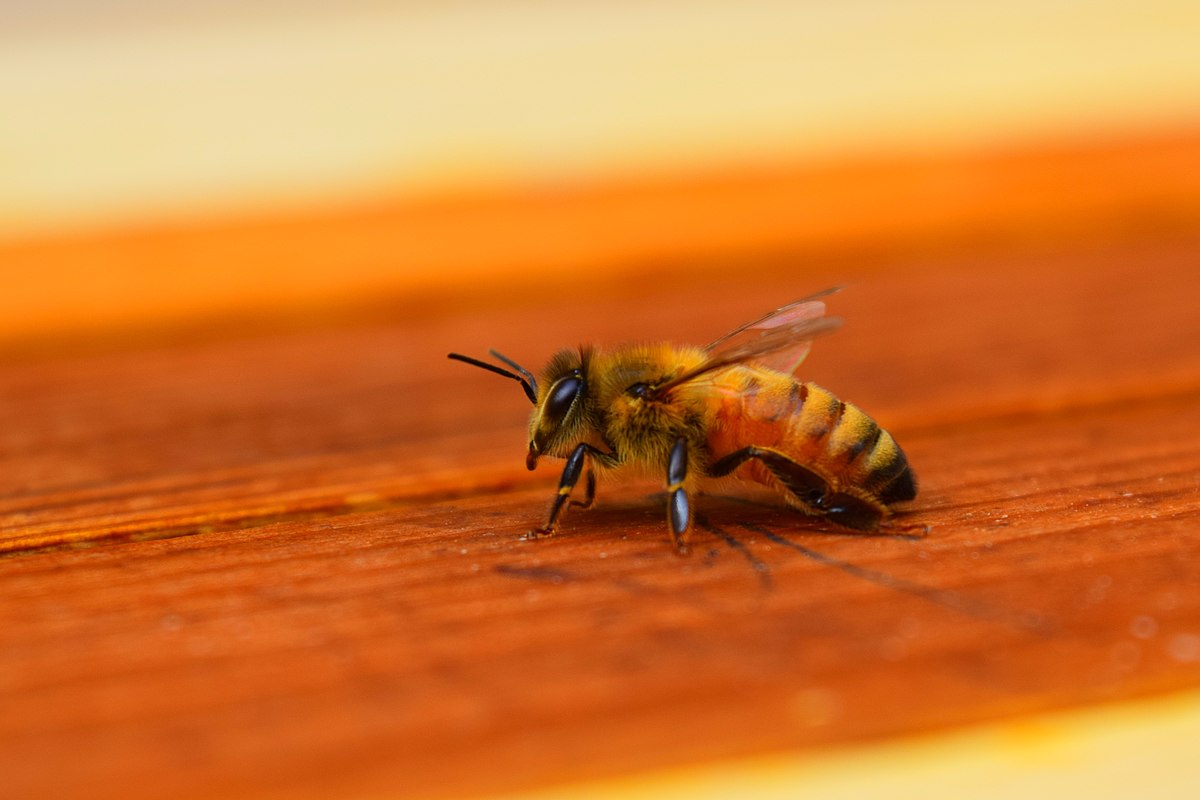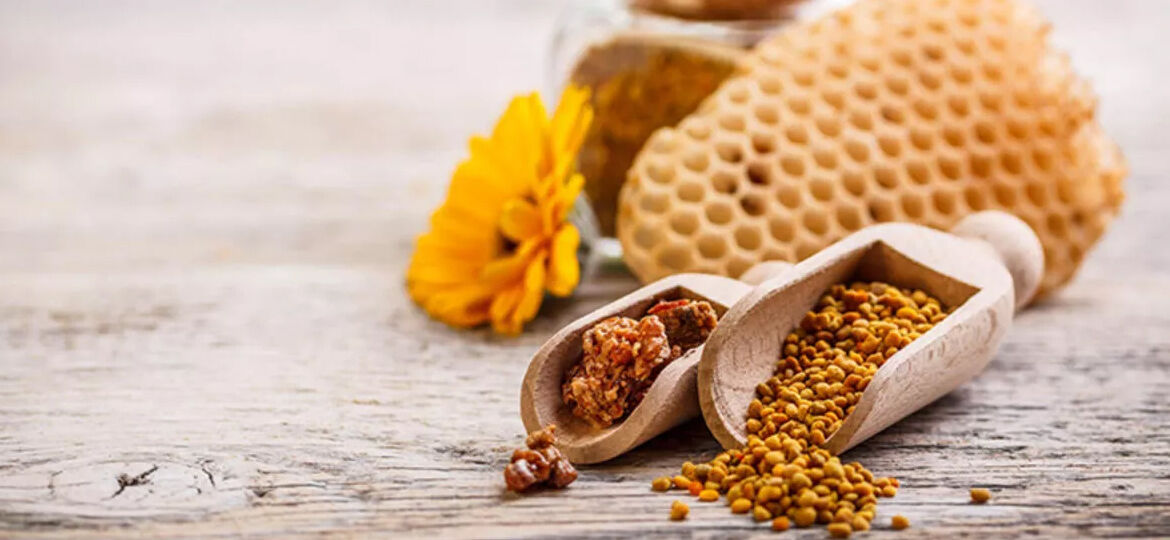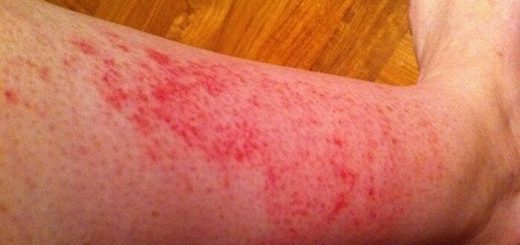The use of bee products in the medical field

Where can we use bee products in the medical field
Honey is a natural food. It is a product formed as a result of the accumulation of secondary substances that are secreted by some isotonic insects by honey bees by making use of the nectar present in the flowers of plants or the hairy parts of plants.
Honey is one of bee products in the medical field, What does honey contain?

Although honey varies with nectar source and plant type, it generally contains .oZ18 water, OH40 fructose, ¼/O34 glucose and a volume of sucrose. It also contains many essential elements such as calcium, sodium, copper, zinc and magnesium that the human organism needs. In honey, there are many vitamins such as (thiamine, riboflavin, nicotinic acid, biotin and pyridoxine) in small quantities, and vitamin C in higher proportions. Honey, which is rich in protein and amino acids, does not contain any fats. For this reason, it is recommended to be easily consumed by heart patients as their diet should not contain any fats so can you imagine now the bee products in the medical field how much is important?
What is the importance of honey to the human body?

the common bee products in the medical field is honey is the most appropriate nutrient for raising blood sugar levels. The glucose and the ferucose it contains are simple sugars that mix in the blood without being broken down during digestion, thus raising blood sugar quickly. This indicates that honey can be used as an excellent source of energy. Dark honey contains more minerals than light colored honey. Therefore, it is recommended that people who suffer from anemia problems should consume this type of honey (pine, chestnut). Studies show that regular consumption of this honey raises the level of hemoglobin in the blood. Because of the enzymes in honey, it has antiseptic properties, and in research, it has been shown to be a largely healing agent in treating internal ulcers.
Now let’s talk about bee venom which is one of the treatment in medicine
bee venom is not one of bee products in the medical field it is by bees itself we have talked in articles about bee venom and its treatment in detail. You can read the article from here
Bee venom is used in the treatment of rheumatism, lower back pain, muscle, joint and nerve infections. Using tablets called “Apitoxin” made from bee venom, which is a strong antibiotic. Bee venom changes the rate of blood flow in the arteries, thins the blood and prevents pus from forming. This is the risk of heart disease and high blood pressure
We also talked about propolis and its benefits. It is a sticky substance that varies in color from red to brown. It is collected from the buds of fresh plants and from tree trunks by worker bees. Bees mainly use propolis to narrow or seal holes in their hives during the cold winter months. Propolis is a very complex substance and its content consists of 30 different types of wax, 10 percent of essential oils and 5 percent of pollen.
What diseases can we treat with Propolis?

One of bee products in the medical field is Propolis which is useful in treating receding gums and rectal wounds. Dentists use gels obtained by mixing agar, which is a seaweed, in the treatment of gingivitis and viral periodontal disease. Propolis is also used in the treatment of acne and gives very successful results. It cleans the skin with its antiseptic effect and with the natural property of penicillin, it dries the root of the wound, thus preventing the recurrence of acne.
Is propolis allergic?

An allergy to propolis is a very rare occurrence. In a person who comes in contact with propolis, red spots are observed. In the advanced stages, it can also be countered with insulin underwear.
In general, the benefits that come from honey are a lot, and the uses of bee products in the medical field is huge.
Important Notice on Content Rights
All rights reserved to Bees Partners © 2025. Copying, republishing, translating, or quoting more than 10% of this content is prohibited without prior written permission. For commercial or academic use, please contact: info@beespartners.dk.
Note: Limited quotation is allowed with clear source attribution and a direct link to the original article.






